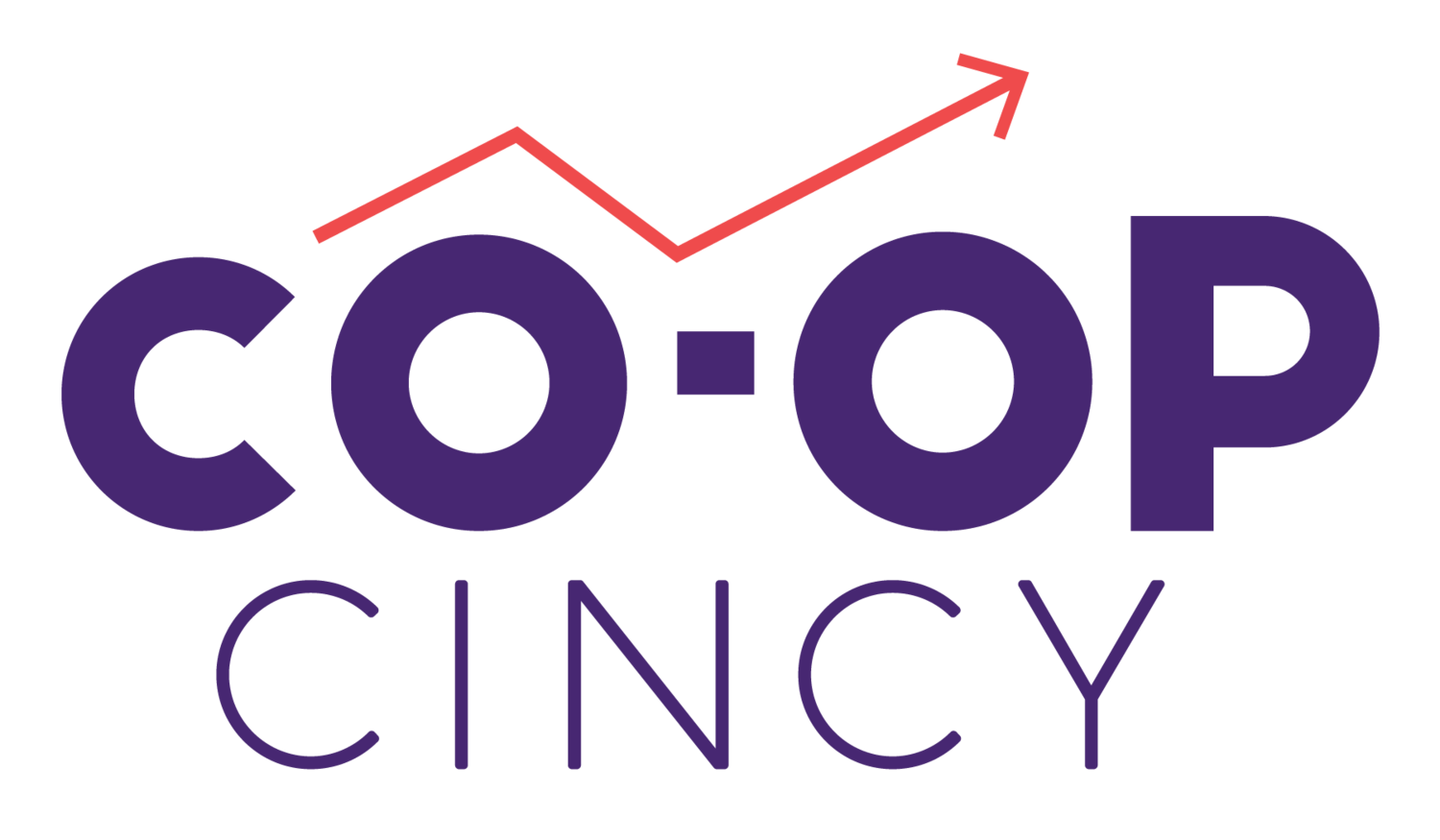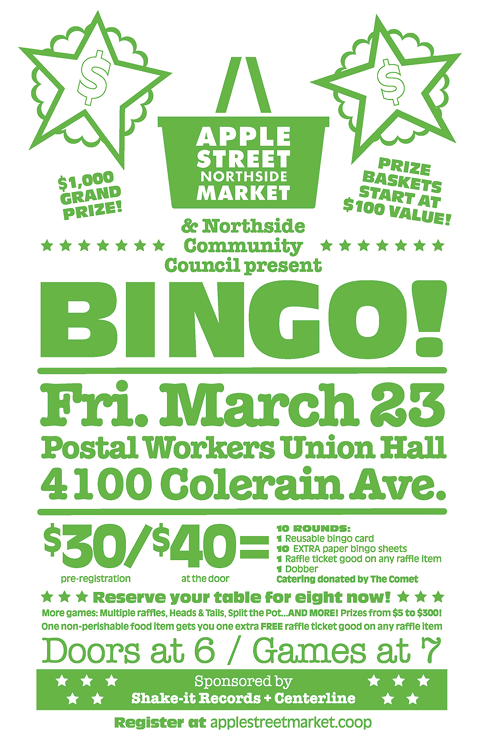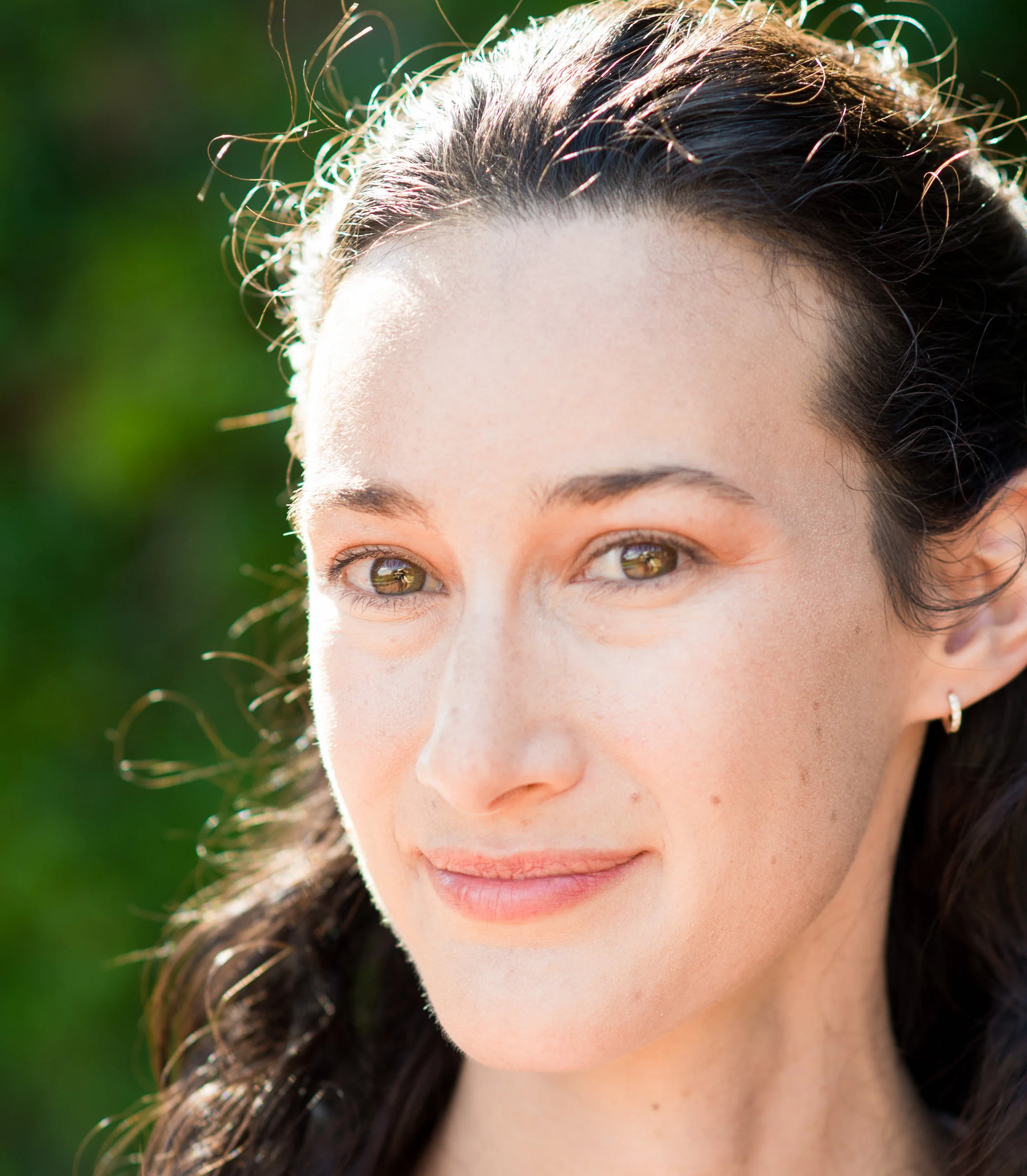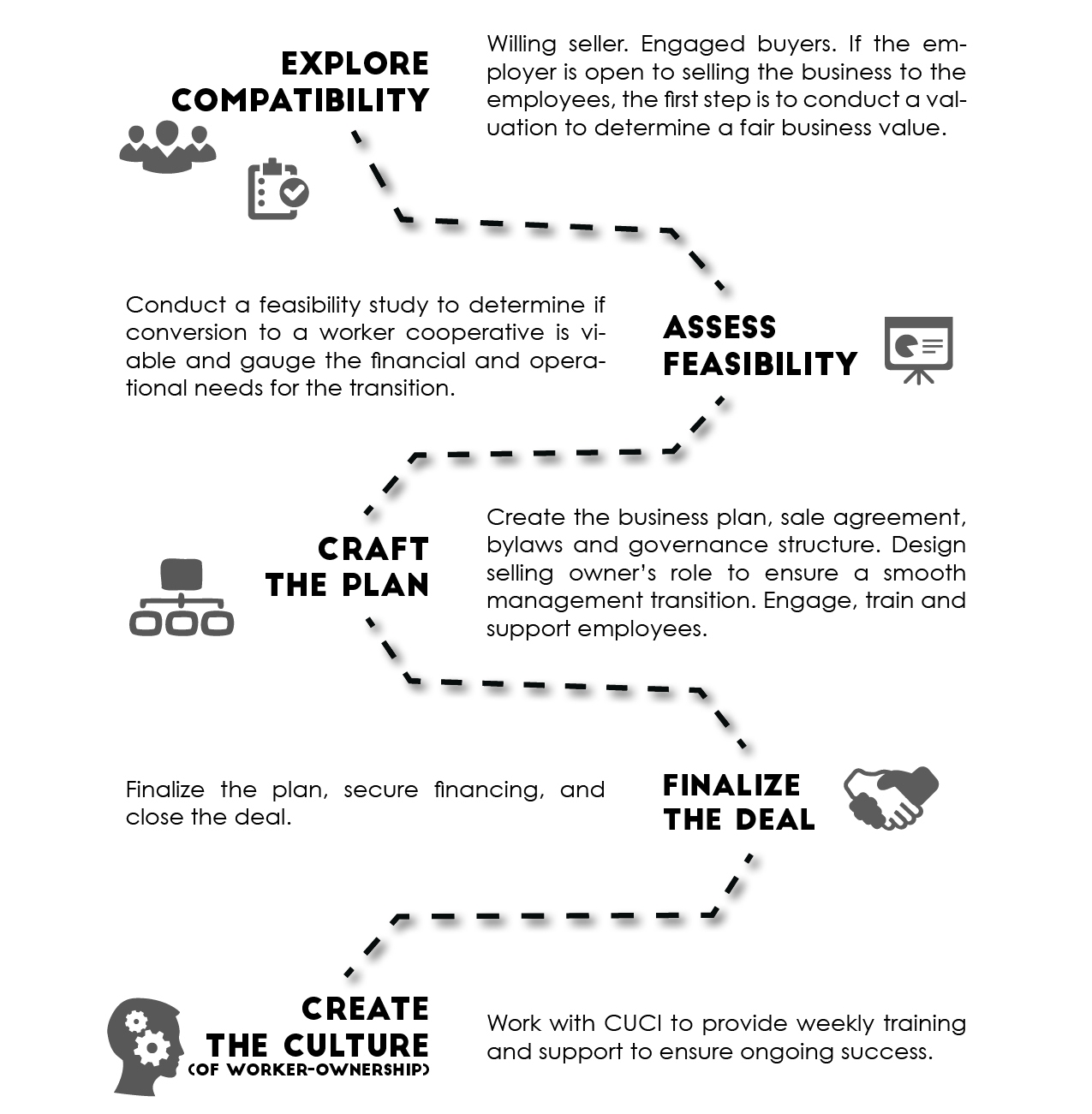On Wednesday, May 16, the Gem City Market announced its new location plans and capital campaign kickoff. A brief press conference was held with former Congressman, Ambassador Tony Hall, to announce big news for the future of Dayton's first worker and community-owned cooperative grocery store.
Those present included member-owners, hunger organization representatives, financial donors, and community leaders, along with future neighborhood customers who will benefit most from the availability of affordable and nutritious food in the area.
The Gem City Market will be a vibrant, community-centered, full-service grocery store located in one of Ohio’s largest food deserts along the Salem Avenue corridor, near downtown Dayton. The store will feature affordable, quality kitchen staples, including well-stocked fresh produce, meat, and bakery departments currently lacking in the target area. Specialty, local, and organic products will also make the market a unique draw. The Gem City Market will be different from a typical grocery store as it will be owned by its workers, customers, and supporters from the community.




















